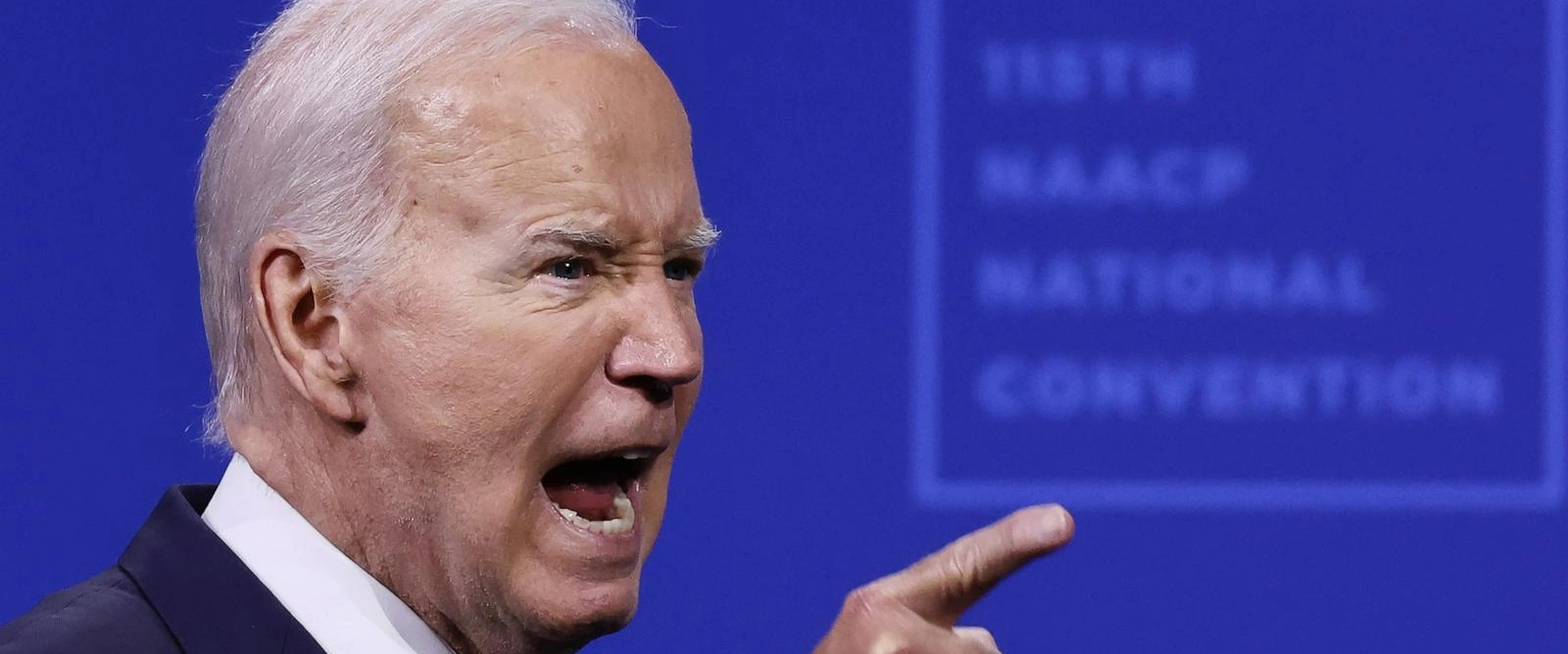Biden Is Barking Mad

The United States is a country that emphasizes political conventions, and of course, where there are conventions, there are exceptions. The behavior of the Biden administration during the “lame duck period” has clearly become a significant exception. For example, its anticipated introduction of the so-called Export Control Framework for Artificial Intelligence Diffusion has become an erratic directive that the Semiconductor Industry Association (SIA) can no longer tolerate. (The SIA’s statement is below the dividing line.)
![]()
From the straightforward content of this statement, it can be observed that the introduction of the aforementioned framework was a typical impulsive decision that lacked even the most basic consultation with industry opinions. It was a decision made without a fundamental understanding of the interests of the American industry. Interestingly, the reaction from the SIA, while subtle, clearly and directly expressed dissatisfaction, with the core driving force stating very clearly: “…could significantly undercut U.S. leadership and competitiveness in semiconductor technology and advanced AI systems.” In other words, this so-called framework, exceeding 900 pages, was released without prior consultation with the industry, just under 20 days before the formal handover, under the guise of safeguarding U.S. national security interests and maintaining America’s artificial intelligence and semiconductor industry advantages. It is, in fact, a decision lacking the most basic internal consistency, difficult to define, and irresponsibly made.
The release of this framework, along with the SIA’s statement, shows that the actions of the Biden team during the “lame duck period” have significantly exceeded the boundaries that stakeholders in the United States can tolerate, forcing them to break their previously restrained approach and directly express their opinions. The irresponsible nature of policy-making reaching this point is quite rare in American history.
In this context, for China, the first issue that needs to be addressed is actually a matter of perception. It involves breaking free from some historical stereotypes and ideological imprints, such as the belief that the United States has helped China build schools and research institutions, or that U.S. sanctions have not uniformly affected every individual traveling from China to the United States, leading to an overly optimistic view of U.S. policies and strategies. It is crucial to have a nuanced understanding of the current specific capabilities, strategies, and policies of the real United States (not the symbolic, imagined one). While the United States still possesses strengths and advantages, these are primarily due to being a first-mover in technology and historical accumulations of advantages. Undoubtedly, the speed at which China is closing the gap with the United States, its efforts, and the achievements it has made, which the United States cannot deny, require China to acknowledge this progress with greater courage. China should maintain a firm determination and a correct understanding to engage with the United States in a patient, resilient, confident, and wise game.
For China, the policies of the Biden administration are more like a sobering sign, indicating a sharper, tougher, and more direct game that is inevitably approaching. Looking at the course of human history, this strategic game between China and the United States is another process of sifting through the sands of time. At this historical moment, everyone’s cognitive frameworks and conceptual consciousness will undergo systematic scrutiny, whether consciously or not. Ultimately, the results will be reflected in the historical destinies of individuals, groups, and nations.
In all honesty, if the United States continues on the trajectory indicated by this sign (Trump merely changed the form, without showing substantial signs of changing the trajectory), then in future textbooks on international relations history, the concept of a “hegemony defeating itself” is likely to become a popular subject of study.
===================
The Semiconductor Industry Association (SIA) today released the following statement regarding the Biden Administration’s plan to publish an interim final rule titled “Export Control Framework for Artificial Intelligence Diffusion.” This potential regulatory action is anticipated to place global restrictions and impose onerous licensing requirements on U.S. exports of advanced integrated circuits.
“SIA and our member companies share the U.S. government’s commitment to safeguarding national security. We are, however, deeply concerned by the unprecedented scope and complexity of this potential regulation, which was developed without industry input and could significantly undercut U.S. leadership and competitiveness in semiconductor technology and advanced AI systems.
“We respectfully caution against making such a swift and significant shift in policy during this transitional period, and without meaningful consultation with industry. In the absence of such consultation, we urge the Administration to issue a proposed rule (Shen Yi PS: The explanation is that the proposed idea is to come up with a concept, rather than an actionable plan.), or hand over the policymaking process to the incoming Trump Administration to ensure there is appropriate opportunity for government and industry leaders, together with our global partners, to thoughtfully address this critical matter (Shen Yi PS: This means that the current decision is not thoughtfully considered)..
“We stand ready to engage the U.S. government on how to best accomplish its national security goals in a targeted manner, while ensuring our companies can continue to compete and win globally (Shen Yi PS: This means that the current plan lacks specificity, cannot best achieve security goals, and cannot guarantee that American businesses compete globally and succeed.).”



